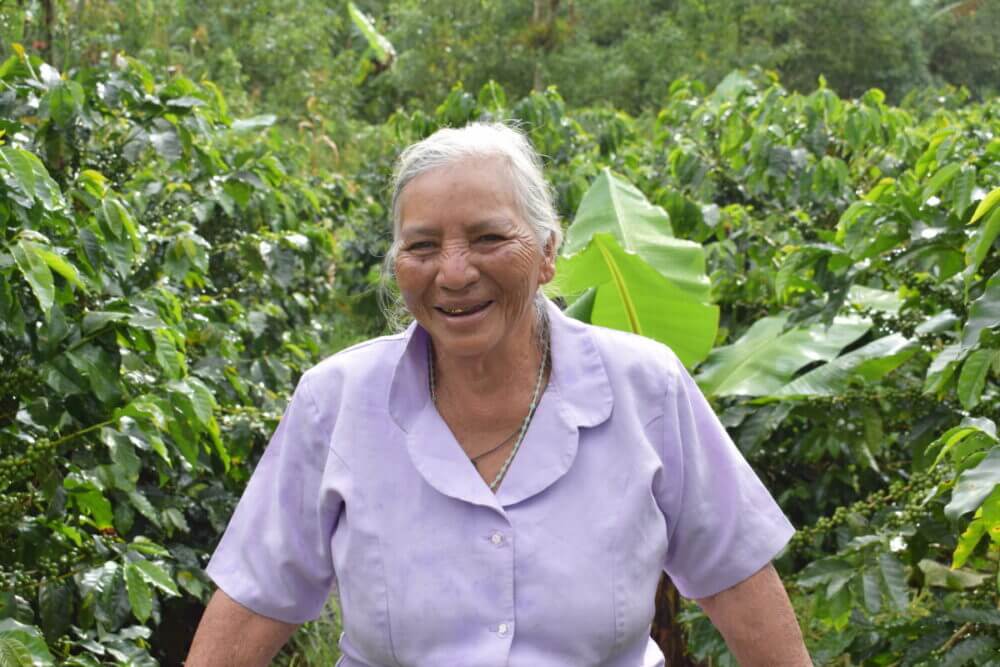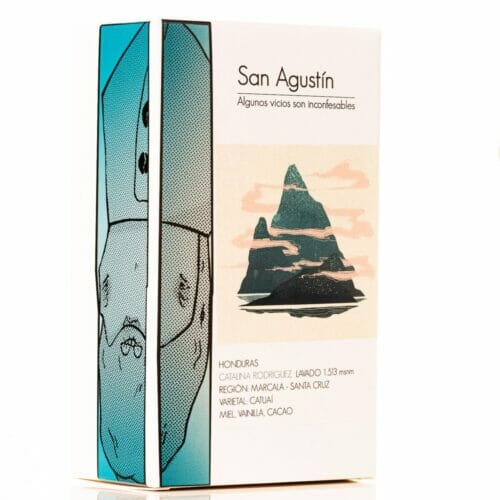Description
Doña Catalina She tells us how 28 years ago, together with her late husband, they decided to buy a piece of land to plant a coffee farm, The purchase required a lot of effort, as did planting the coffee trees, but with dedication and faith in their work everything was a success.
One of Doña Rosa and her husband's greatest achievements was instilling a love of work and nature in their son. This love and dedication is remarkable. Walking around the farm, you can see the health of the plants and soil. Flower-filled and marked trails, a surrounding forest, and a pleasant climate make Finca la Rosa a welcoming and unique place.
On our farm, we process our fertilizers from coffee pulp, a byproduct, and chicken manure. We also incorporate honey water into our plot, which improves soil fertility. Following good organic practices, our plantation is shaded, and we conserve the soil using hedgerows and contour planting. We also carry out other parallel activities, such as raising cattle, poultry, and vegetables, which allows us to maintain a system of food self-sufficiency. We have a small apiary, which guarantees greater pollination of all our crops and an abundance of honey.
As a complementary activity, we have an inn for visitors and friends who enjoy touring our plantation and enjoying the contact with nature. From its beginnings, the plantation has been conceived as a family project, and it remains so to this day. Our greatest satisfaction is producing quality coffee that is environmentally friendly and has an unparalleled flavor.

Prosecution
The process begins at harvest, where the 100% grain is selected at its peak of ripeness. After the harvesting process, the grain is placed on a shaded sieve to remove any damaged grains. It is then placed in the pulper's hopper, where the grain is pulped, left in the fermentation tank, and when it reaches fermentation, the grain is washed. After washing, the grain is dried in a patio or bed-type dryer. Once the grain has a moisture content of 12 %, it is placed in sacks and transported to COMSA's warehouses.
Region
Marcala is a municipality in the department of La Paz, Honduras, Central America. It is located approximately 100 kilometers west of Tegucigalpa. Situated on a plain surrounded by mountains, it borders the Republic of El Salvador to the south. It borders the municipalities of La Esperanza and Intibucá (Intibucá Department) to the north; the Republic of El Salvador to the south; the municipalities of Santa Ana, Opatoro, Chinacla, San José, and Cabañas to the east; and the municipality of Yarula to the west. Marcala is famous for its landscapes and unique climate, which makes the area's coffees a fine gourmet product of high quality.


